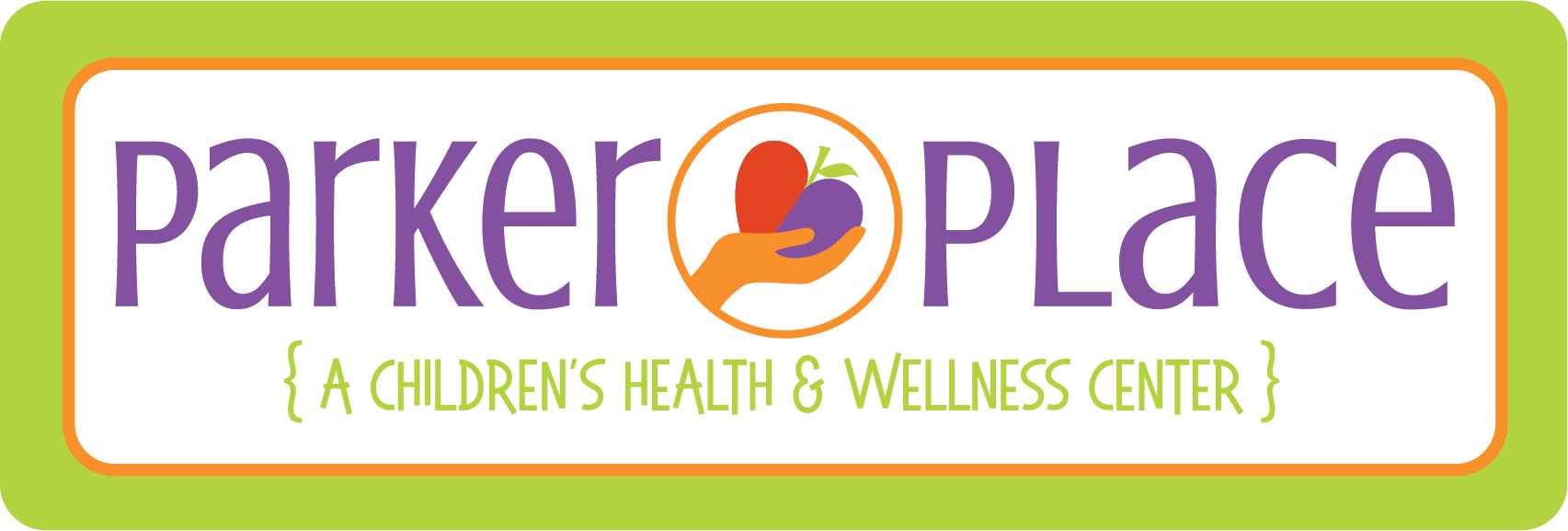Understanding PCOS
Here at Parker Place we recognize that many medical problems can be addressed by making healthy changes in what we eat, how we move, and how we manage stress. Some of the medical issues that can be treated with lifestyle changes are PCOS, Type 2 diabetes, insulin resistance, and elevated liver enzymes, to name a few. Today, I would like to focus on understanding PCOS.
What is PCOS?
PCOS is a very common medical issue that affects between 4-12% of women and adolescents in the United States. The acronym stands for Polycystic Ovarian Syndrome. This would imply that everyone with this syndrome has cysts on their ovaries but, in fact, that isn’t the case. It turns out that women and teenagers with PCOS have a variety of signs (visual things you can see on a physical exam) and symptoms (things a person feels or experiences) but everyone with PCOS is not alike. In medicine, a syndrome is a group of signs and symptoms which appear together and characterize a medical condition. In most medical syndromes, you need to have a certain number of the typical signs and symptoms to make a diagnosis and this is true for PCOS as well.
Who might have PCOS and Why?
The typical signs and symptoms of PCOS are:
persistent irregular menstrual cycles (<19 days or >90 days between periods)
moderate to severe acne, increased hair on the face, chest, back, and inner thighs (also known as hirsutism)
male pattern baldness or hair thinning
darkening and thickening of the skin on the back of the neck and in the underarm area (also known as Acanthosis Nigricans)
overweight or obesity
When any or all of these signs and symptoms are present, your healthcare provider may want to further evaluate for PCOS by doing some bloodwork. Adolescents with PCOS often have high levels of testosterone and other androgens (sometimes called “male” hormones, but that are present in both women and men in different amounts), high cholesterol, and high levels of insulin. It seems that having PCOS means you have a disruption in how your ovary and/or your adrenal gland produce androgens.
Despite how common PCOS is, we still don’t know the exact cause. There are probably genetic factors at play as well as environmental factors (these are factors related to things that affect our bodies, like what we eat and drink, what chemicals or drugs we are exposed to, etc.). What we do know is that teenagers and women with PCOS are at an increased risk for infertility, Type 2 diabetes, and heart disease. Thankfully, there are treatments for PCOS that both improve the signs and symptoms and that reduce the risk of these problems.
What can Parker Place do for teens with PCOS?
Many in healthcare would say that the first line treatment for PCOS is lifestyle modifications that encourage healthy eating, increased exercise and tools for sustaining behavior change. Well, that is what Parker Place is all about! Studies have shown that changes in diet and exercise lead to decreased testosterone levels, increased frequency of periods, decreased cardiovascular risk factors, and decreased hirsutism. That says a lot for a treatment that comes without any warnings or a long list of side effects! If you are interested in learning more about understanding PCOS, please give us a call and come see me.

